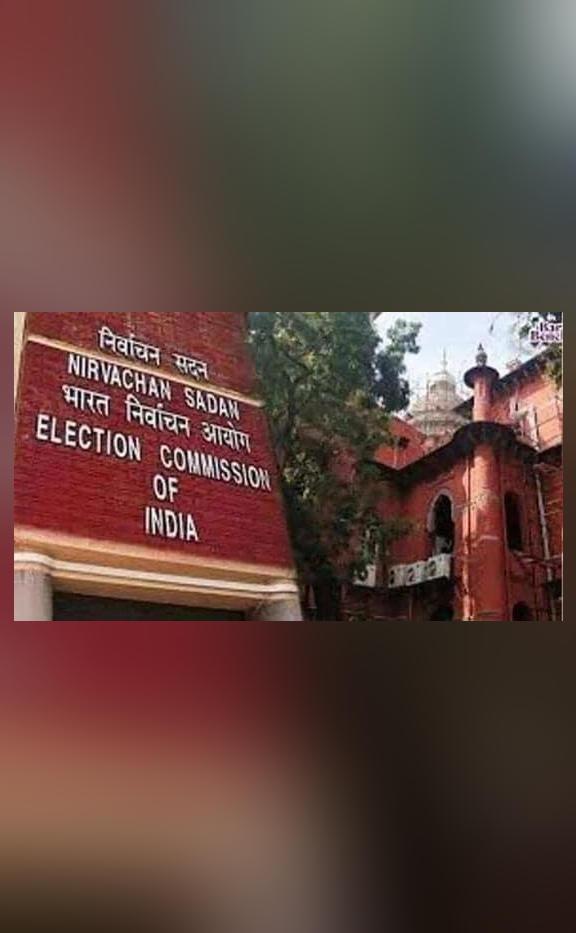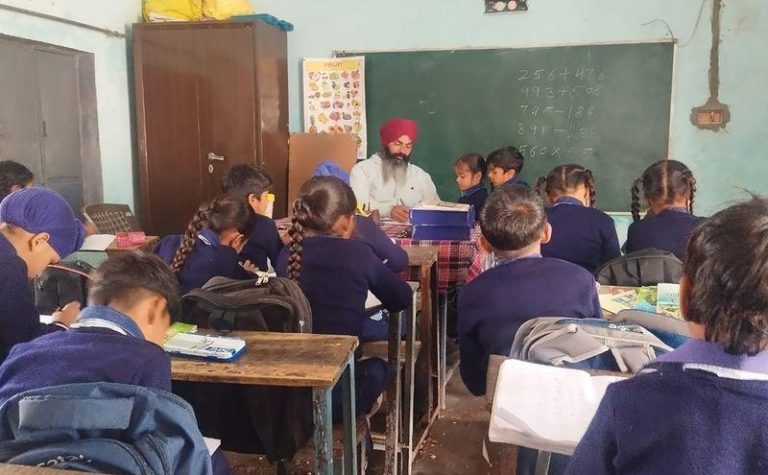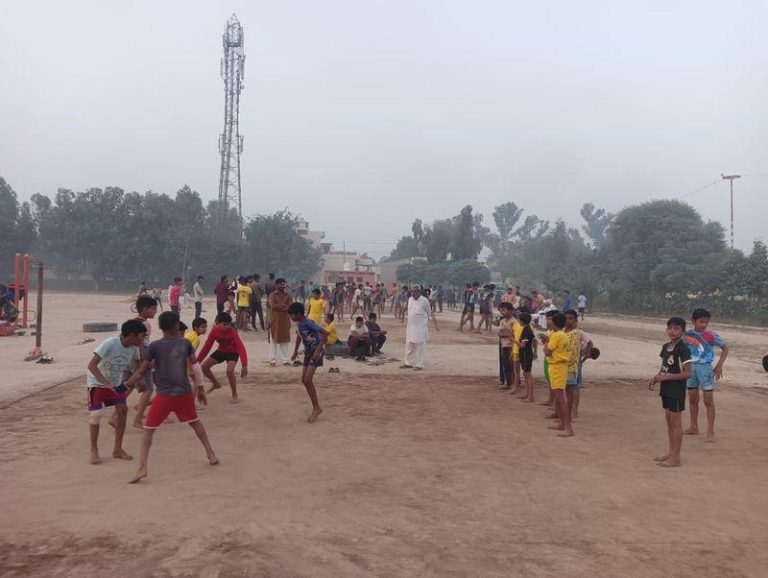
Aadhaar, Voter ID & Ration Cards Can’t Be Considered for SIR: ECI
The Election Commission of India (ECI) has recently made a significant announcement regarding the proof of voter eligibility for the ongoing special intensive revision (SIR) of Bihar’s electoral roll. According to the ECI, Aadhaar, voter ID, and ration cards cannot be considered as standalone proof of voter eligibility for the SIR process. This news has sent shockwaves across the country, with many citizens wondering what this means for their ability to exercise their right to vote.
The ECI’s decision comes in response to a suggestion made by the Supreme Court, which had asked the poll body to consider accepting these documents as proof of voter eligibility. However, the ECI has rejected this suggestion, citing concerns over the authenticity and accuracy of these documents.
In an official statement, the ECI clarified that it will continue to accept only the traditional documents as proof of voter eligibility, including passport, driving license, and land ownership documents. The poll body has also made it clear that a person’s citizenship will not terminate on account of not being part of the electoral rolls.
So, what does this mean for citizens who are trying to register themselves for the SIR process? Will they need to produce additional documentation to prove their eligibility? And what are the implications of this decision for the electoral process as a whole?
Background on SIR
The SIR process is an exercise conducted by the ECI to update the electoral rolls and ensure that the rolls are accurate and inclusive. The SIR process involves a comprehensive review of the electoral rolls, including the verification of existing voters and the addition of new voters. The SIR process is crucial for the integrity of the electoral process, as it helps to ensure that only eligible voters are included in the electoral rolls.
Why Aadhaar, Voter ID, and Ration Cards Can’t Be Considered
The ECI’s decision to reject the Supreme Court’s suggestion is based on several reasons. Firstly, the ECI has concerns over the authenticity and accuracy of these documents. Aadhaar, for instance, is not a reliable document for proving citizenship, as it can be obtained by anyone with an Aadhaar card. Similarly, voter ID and ration cards can be obtained by anyone who is eligible, but they do not necessarily prove that the individual is a citizen of India.
Secondly, the ECI is concerned about the potential for fraud and manipulation. If these documents were to be accepted as proof of voter eligibility, there is a risk that ineligible individuals could register themselves as voters and manipulate the electoral process.
Finally, the ECI is committed to ensuring that the electoral process is transparent and inclusive. By rejecting the Supreme Court’s suggestion, the ECI is ensuring that the electoral rolls are accurate and reliable, and that only eligible voters are included in the rolls.
Implications for Citizens
So, what does this mean for citizens who are trying to register themselves for the SIR process? While the ECI’s decision may seem restrictive, it is crucial for maintaining the integrity of the electoral process. Citizens who are trying to register themselves for the SIR process will need to produce traditional documents as proof of voter eligibility, such as passport, driving license, and land ownership documents.
For those who do not have these documents, the ECI has provided alternative options. Citizens can also provide other documents as proof of voter eligibility, such as a certificate from a gazetted officer or a certificate from a recognized educational institution.
Conclusion
The ECI’s decision to reject the Supreme Court’s suggestion is a crucial step towards ensuring the integrity of the electoral process. By rejecting the acceptance of Aadhaar, voter ID, and ration cards, the ECI is ensuring that the electoral rolls are accurate and reliable, and that only eligible voters are included in the rolls.
While this decision may seem restrictive, it is crucial for maintaining the integrity of the electoral process. Citizens who are trying to register themselves for the SIR process will need to produce traditional documents as proof of voter eligibility, but the ECI has provided alternative options for those who do not have these documents.
Ultimately, the ECI’s decision is a crucial step towards ensuring that the electoral process is transparent, inclusive, and free from fraud and manipulation. As citizens, it is our responsibility to exercise our right to vote and to ensure that our electoral rolls are accurate and reliable.
Reference:






